Some people report turning to alcohol for help with reducing stress. However, research shows that alcohol may actually do the opposite. While you may temporarily feel more relaxed while drinking, alcohol can increase the amount of anxiety you feel the day after drinking.
There are a number of reasons for this, biological and social. First of all, alcohol changes the levels of serotonin and other neurotransmitters in the brain. When serotonin levels are low, individuals can experience feelings of anxiety and depression. Second, drinking alcohol results in a spike in blood sugar. After drinking, blood sugar levels drop, causing feelings of dizziness, weakness, and irritability. Third, alcohol causes dehydration, which can lead to nausea, fatigue, and heart palpitations. Heart palpitations in particular are associated with feelings of anxiety.
Consuming alcohol may also lead to anxiety due to regretting something that happened the night before, or not being able to remember what happened. These feelings cause additional stress, which doesn’t help at all when you might already have a lot on your plate.
The bottom line? Alcohol isn’t a medication for stress. If you’re struggling with stress or anxiety, try some of the strategies listed on our website, or consider seeking help from a professional.
